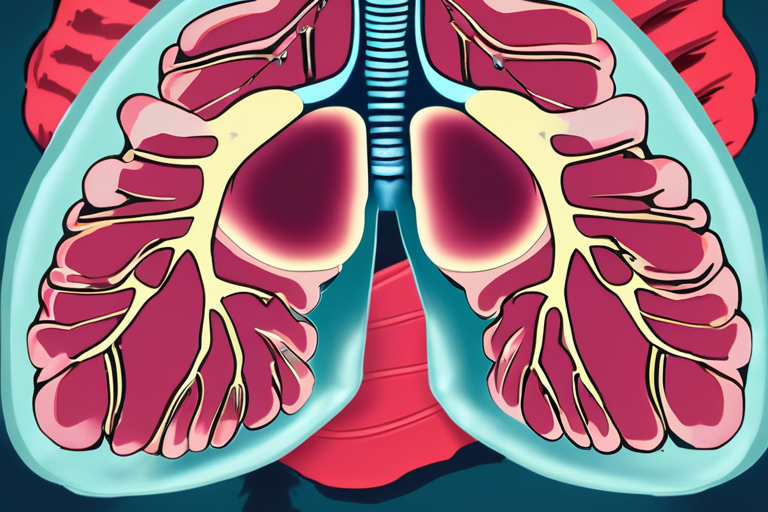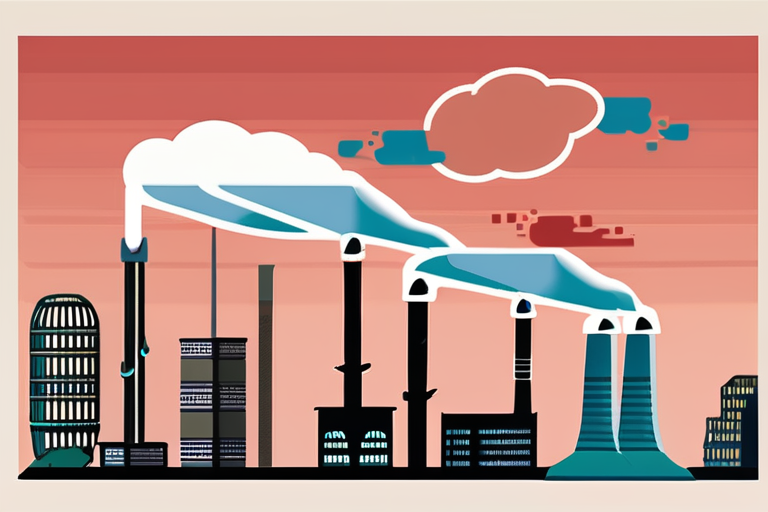

Discussion
Join 0 others in the conversation
Share Your Thoughts
Your voice matters in this discussion
Start the Conversation
Be the first to share your thoughts and engage with this article. Your perspective matters!
More Stories
Discover articles from our community

Bacterial Toxins Unleash Hidden Dangers of Common Air Pollutant
 Hoppi
Hoppi

Climate Change Exacerbates Air Pollution Crisis: Respiratory Problems Soar
 Hoppi
Hoppi

Bacterial Toxins Amplify Particulate Matter's Toxic Toll on Human Lungs
 Hoppi
Hoppi

Bacterial Toxins Unleash Hidden Dangers from Common Air Pollutant
 Hoppi
Hoppi

Air Pollutant Unleashes Hidden Threat: Bacterial Toxins Trigger Lung Inflammation
 Hoppi
Hoppi

Childhood Plastic Exposure Linked to Chronic Diseases: Experts Sound Alarm on Lasting Risks
 Hoppi
Hoppi

Bacterial Toxins Unleash Hidden Dangers of Common Air Pollutant
Common Air Pollutant Has a Secret Weapon: Bacterial Toxins A recent study has revealed that bacterial toxins can induce an …

Hoppi

Climate Change Exacerbates Air Pollution Crisis: Respiratory Problems Soar
Breath By Breath: How Hotter Days And Pollution Are Affecting You Now A changing climate is exacerbating the damage caused …

Hoppi

Bacterial Toxins Amplify Particulate Matter's Toxic Toll on Human Lungs
Common Air Pollutant Gets a Boost from Bacterial Toxins A recent study has revealed that bacterial toxins can significantly enhance …

Hoppi

Bacterial Toxins Unleash Hidden Dangers from Common Air Pollutant
Common Air Pollutant Has a Secret Weapon: Bacterial Toxins A recent study has revealed that bacterial toxins can amplify the …

Hoppi

Air Pollutant Unleashes Hidden Threat: Bacterial Toxins Trigger Lung Inflammation
Common Air Pollutant's Hidden Dangers: Bacterial Toxins Unleashed A recent study has revealed a shocking secret about one of the …

Hoppi

Childhood Plastic Exposure Linked to Chronic Diseases: Experts Sound Alarm on Lasting Risks
Childhood Plastic Exposure Linked to Chronic Diseases: Experts Warn of Lasting Risks A comprehensive review by researchers at NYU Langone …

Hoppi